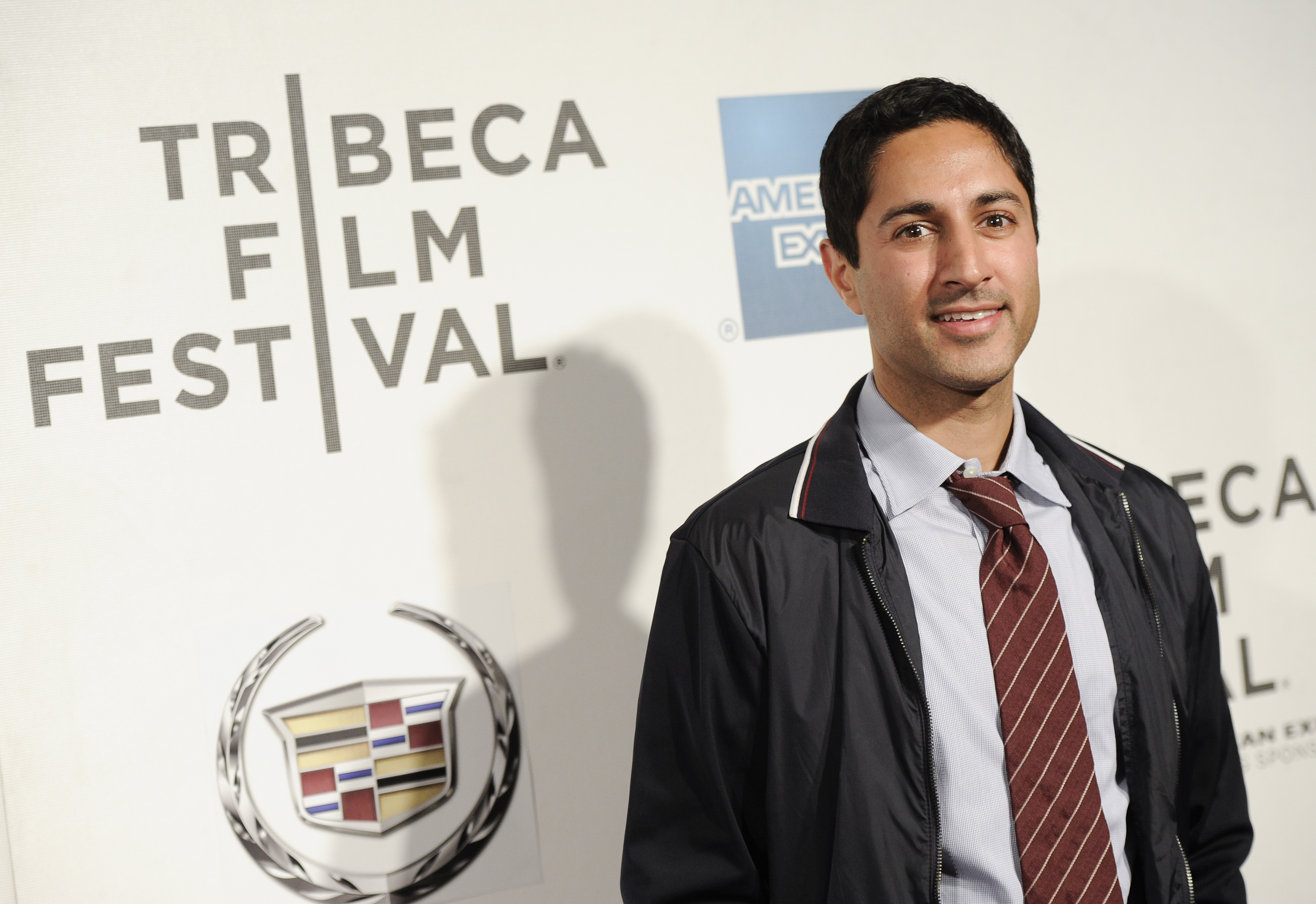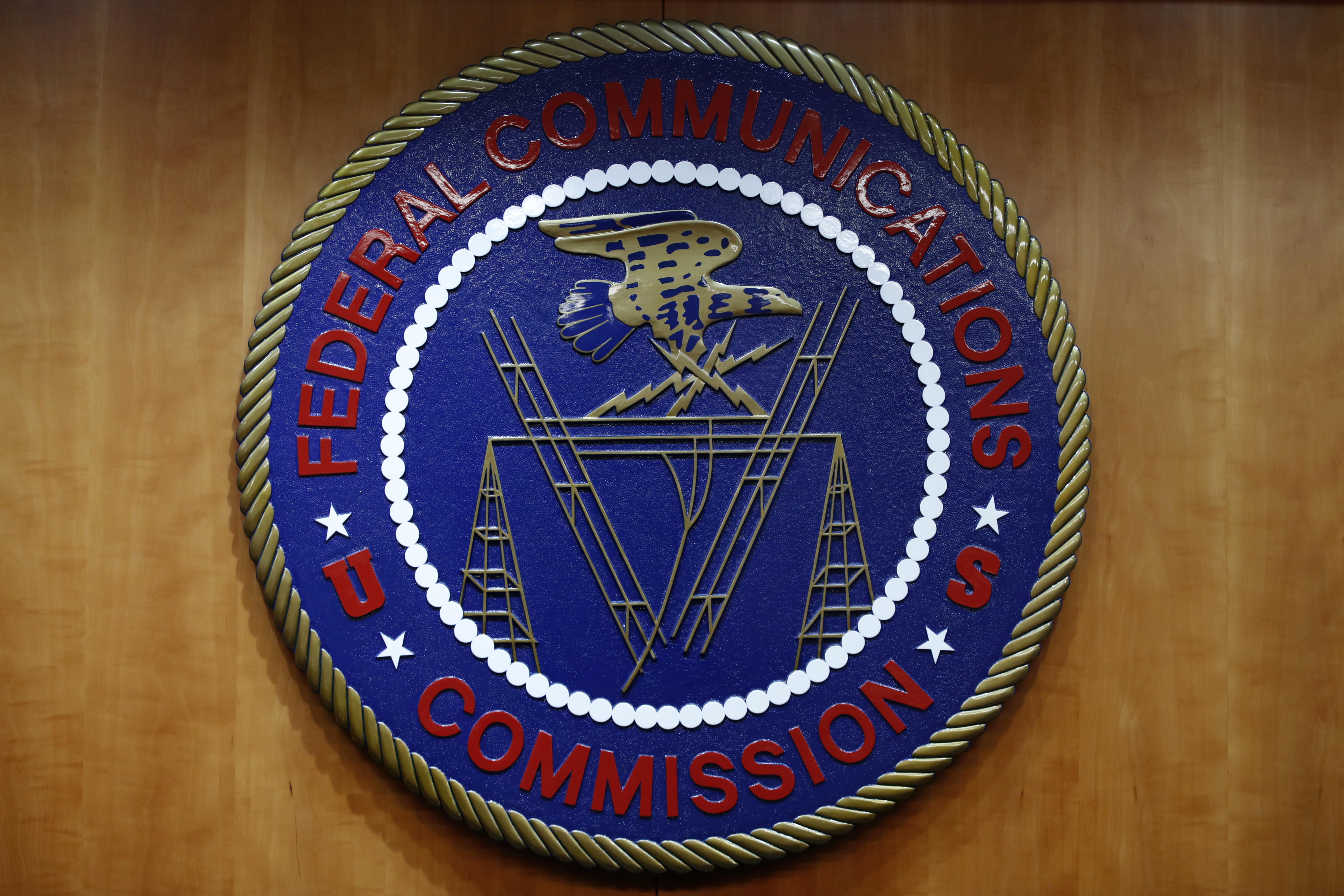The Supreme Court is being warned about the potentially dire consequences of a case involving a Christian graphic artist who objects to designing wedding websites for same-sex couples.
The case mirrors one involving a Colorado baker years earlier, marking the second time in five years the Supreme Court has confronted the issue of a business owner who says their religion prevents them from creating works for a gay wedding.
But this time, things could end differently.
Here's a look at the case itself and what's at stake as justices hear arguments.
Feeling out of the loop? We'll catch you up on the Chicago news you need to know. Sign up for the weekly Chicago Catch-Up newsletter here.
Who is Lorie Smith and What Is the Colorado 303 Creative Case?
Lorie Smith is a Christian graphic artist who objects to designing wedding websites for gay couples, a dispute that's the latest clash of religion and gay rights to land at the highest court.
Smith wants to begin offering wedding websites, but she says her Christian faith prevents her from creating websites celebrating same-sex marriages.
U.S. & World
“Ms. Smith believes opposite-sex marriage honors scripture and same-sex marriage contradicts it,” Kristen Waggoner, the lawyer for Smith, told the justices.
That could get her in trouble with state law.
Colorado, like most other states, has a public accommodation law that says if Smith offers wedding websites to the public, she must provide them to all customers. Businesses that violate the law can be fined, among other things.
Smith, for her part, says Colorado's law violates the Constitution's First Amendment by forcing her to express a message with which she disagrees.
Her opponents, including the Biden administration and groups such as the American Civil Liberties Union, the NAACP Legal Defense & Educational Fund, disagree.
Hasn't This Happened Before?
Five years ago, the Supreme Court heard a different challenge involving Colorado's law and a baker, Jack Phillips, who objected to designing a wedding cake for a gay couple. That case ended with a limited decision, however, and set up a return of the issue to the high court. Phillips’ lawyer, Waggoner, of the Alliance Defending Freedom, is now representing Smith.
Like Phillips, Smith says her objection is not to working with gay people. She says she'd work with a gay client who needed help with graphics for an animal rescue shelter, for example, or to promote an organization serving children with disabilities. But she objects to creating messages supporting same-sex marriage, just as she wouldn't create a website for a couple who met while they both were married to other people and then divorced, Waggoner said.
What Are the Consequences of the Decision?
The designer and her supporters say that ruling against her would force artists — from painters and photographers to writers and musicians — to do work that is against their faith. Her opponents, meanwhile, say that if she wins, a range of businesses will be able to discriminate, refusing to serve Black customers, Jewish or Muslim people, interracial or interfaith couples or immigrants, among others.
Both sides have described for the court what lawyers sometimes call “a parade of horribles” that could result if the ruling doesn't go their way.
Justice Neil Gorsuch, one of three high court appointees of former President Donald Trump, described Smith, the website designer, as “an individual who says she will sell and does sell to everyone, all manner of websites, (but) that she won’t sell a website that requires her to express a view about marriage that she finds offensive.”
The issue of where to draw the line dominated the questions early in Monday's arguments at the high court.
Justice Ketanji Brown Jackson asked whether a photography store in a shopping mall could refuse to take pictures of Black people on Santa's lap.
“Their policy is that only white children can be photographed with Santa in this way, because that’s how they view the scenes with Santa that they’re trying to depict,” Jackson said.
Justice Sonia Sotomayor repeatedly pressed Waggoner, the lawyer for Smith, over other categories. “How about people who don’t believe in interracial marriage? Or about people who don’t believe that disabled people should get married? Where’s the line?” Sotomayor asked.
But Justice Samuel Alito, who seemed to favor Smith, asked whether it's “fair to equate opposition to same-sex marriage to opposition to interracial marriage?”
The American Civil Liberties Union, in a brief filed with the court, was among those that called Smith’s argument “carte blanche to discriminate whenever a business’s product or service could be characterized as ‘expressive,’” a category of businesses that could range from “luggage to linens to landscaping.” Those businesses, they said, could announce, “We Do Not Serve Blacks, Gays, or Muslims.”
Smith's attorneys at the Arizona-based Alliance Defending Freedom say that's not true.
“I think it's disingenuous and false to say that a win for Lorie in this case would take us back to those times where people ... were denied access to essential goods and services based on who they were,” said ADF attorney Kellie Fiedorek, adding, “A win for Lorie here would never permit such conduct, like some of the hypotheticals that they're raising.”
Among Smith's other opponents are the Biden administration and 20 mostly Democratic-leaning states including California, New York and Pennsylvania. The states told the court in one of 75 legal briefs filed by outside groups in the case that accepting Smith's arguments would allow for widespread discrimination.
“A bakery whose owner opposed mixed-race relationships could refuse to bake wedding cakes for interracial couples,” the states said. A “real estate agency whose owner opposed racial integration could refuse to represent Black couples seeking to purchase a home in a predominantly white neighborhood; or a portrait studio whose proprietor opposes interracial adoption could refuse to take pictures of white parents with their Black adopted children.”
Those race-based examples could get particular attention on a court with two Black justices, Clarence Thomas and Ketanji Brown Jackson, who are married to white spouses and another justice, Amy Coney Barrett, who has two adopted children who are Black. But the states gave an example involving a person's national origin too. “A tattoo studio could ink American flag tattoos on customers born in the United States while refusing to sell identical tattoos to immigrants,” they said.
Brianne Gorod of the Constitutional Accountability Center, representing a group of law professors, hypothesized other examples of what could happen if Smith succeeds at the high court.
“A web designer could refuse to create a web page celebrating a female CEO’s retirement — violating Colorado’s prohibition on sex discrimination — if he believed all women have a duty to stay home and raise children. Similarly, a furniture-maker — who considers his furniture pieces to be artistically expressive — could refuse to serve an interracial couple if he believed that interracial couples should not share a home together. Or an architect could refuse to design a home for an interfaith couple," she told the court.
Smith's supporters, however, among them 20 mostly Republican-leaning states, say ruling against her has negative consequences, too. A lawyer for the CatholicVote.org education fund told the court that if the lower court ruling stands and Smith loses, “a Jewish choreographer will have to stage a dramatic Easter performance, a Catholic singer will be required to perform at a marriage of two divorcees, and a Muslim who operates an advertising agency will be unable to refuse to create a campaign for a liquor company.”
The Jewish Coalition for Religious Liberty put it differently, telling the court that a Jewish baker could have to fulfill the request of a Neo-Nazi who wants a cake saying “Happy November 9th!” — a reference to Kristallnacht, the night in 1938 when Nazis burned synagogues and vandalized Jewish businesses throughout Germany and Austria.
Alan B. Morrison, a constitutional law expert at Georgetown University, underscored that Smith doesn't currently do wedding websites, making the case particularly speculative and, he says, problematic. Still, Morrison chuckled at some of the hypothetical scenarios both sides came up with, suggesting they are “a bit overblown.”
The examples, he said, are “the kind of thing a law professor would think of."
What's Different Now Compared to the Last Time the Supreme Court Debated the Matter?
The case comes at a time when the court is dominated 6-3 by conservatives and following a series of cases in which the justices have sided with religious plaintiffs. It also comes as, across the street from the court, lawmakers in Congress are finalizing a landmark bill protecting same-sex marriage.
The bill, which also protects interracial marriage, steadily gained momentum following the high court's decision earlier this year to end constitutional protections for abortion. That decision to overturn the 1973 Roe v. Wade case prompted questions about whether the court — now that it is more conservative — might also overturn its 2015 decision declaring a nationwide right to same-sex marriage. Justice Clarence Thomas explicitly said that decision should also be reconsidered.



